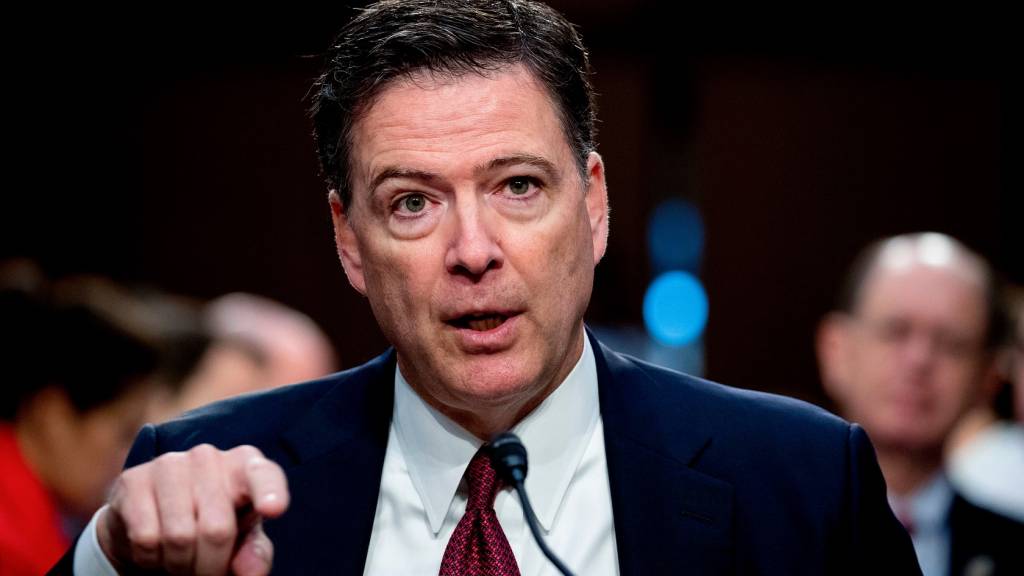
The show trial of former FBI Director James Comey commenced yesterday in a Virginia courtroom, with Comey pleading not guilty to charges of lying to Congress. This charge was initiated by a prosecutor hand-picked by former President Donald Trump, despite a predecessor’s decision not to pursue the case. The prosecutor, Florida insurance lawyer Lindsey Halligan, is a former personal attorney for Trump.
The prosecution of Comey, ironically one of the figures instrumental in Trump’s 2016 election victory, is part of a broader pattern of legal actions demanded by Trump. These include cases against Letitia James, the New York attorney general who successfully prosecuted Trump for fraud, and Democratic politician Adam Schiff. Meanwhile, former Trump adviser John Bolton is under investigation, and Trump has advocated for the prosecution of former supporter Chris Christie, among others.
The Erosion of the Rule of Law
This development follows a broader trend where FBI agents and Justice Department officials involved in prosecuting participants of the January 6, 2021, insurrection have been dismissed and ironically investigated for allegedly “weaponizing” the FBI against Trump. Supporters of Trump argue that, rather than politicizing the federal criminal justice system, Trump is restoring objectivity, claiming Democrats subverted it through investigations into the insurrection, Trump’s business dealings, and his handling of classified documents.
However, Trump’s actions are not without precedent. The Obama administration initiated the unprecedented prosecution of Julian Assange for espionage after WikiLeaks exposed US military actions and diplomatic communications. The Trump administration, despite benefiting politically from WikiLeaks’ revelations about Hillary Clinton, continued the prosecution, a stance maintained by the Biden administration.
Implications for Australia
The open targeting of domestic critics and political opponents by Trump, relying on nuisance-level charges, marks a significant departure from traditional US legal norms. This shift aligns more closely with tactics observed in authoritarian regimes like Vladimir Putin’s Russia. The Australian government, under Prime Minister Anthony Albanese, maintains that relations with Trump’s America remain business as usual. However, the blatant politicization of the US justice system poses a dilemma for Australia and other Western nations that cooperate extensively with US law enforcement under existing extradition agreements.
Australia’s extradition treaty with the United States includes an exclusion for “political offences,” yet the charges against figures like Comey, James, and Schiff are framed as non-political. This creates a hypothetical but growing risk of Australia being pressured to extradite individuals facing politically motivated charges from the US.
Historical Parallels and Current Concerns
The situation mirrors the controversy in 2017 when the Turnbull government attempted to ratify an extradition agreement with China. A backlash ensued, with critics arguing that China’s legal system lacked fairness and transparency. The same criticism now applies to the US legal system, which is perceived as devolving into a political apparatus under Trump.
Trump’s influence extends into Australia through his handpicked FBI Director Kash Patel, who has established an office in Canberra with officers embedded in the Australian Federal Police. This entrenchment of Trump’s security apparatus within Australia’s law enforcement raises further concerns about the integrity of the extradition treaty.
“The US legal system now devolving into a political system of show trials, exactly the same criticism can be made of our extradition agreement with the US,” stated a critic of the treaty.
As Australia navigates its relationship with the United States under these conditions, the question remains whether it will reconsider its extradition treaty to safeguard against the potential misuse of legal processes for political ends.





